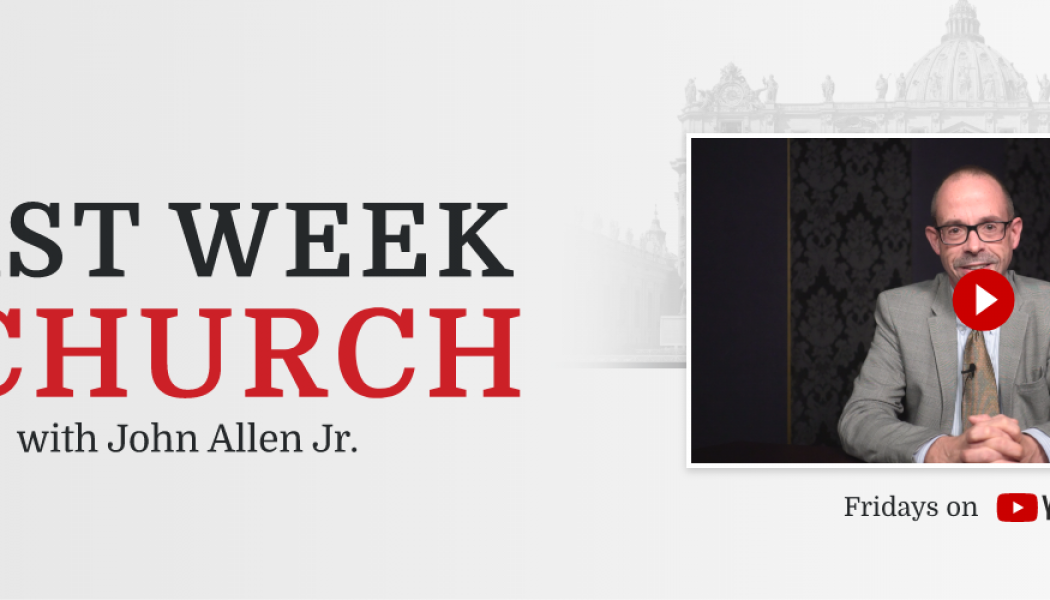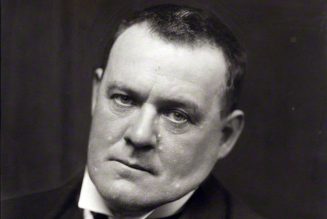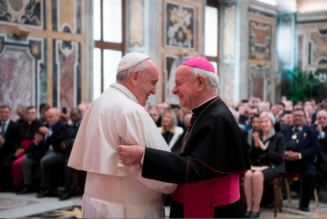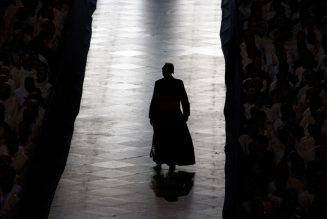ROME – This week the name of the late Father Werenfried van Straaten, a Dutch priest who founded “Aid to the Church in Need” in 1952 to aid persecuted Christians, was added to the distressingly long list of founders of new entities in the Catholic Church who’ve turned out to have feet of clay.
The German newspaper Die Zeit published an article on Wednesday indicating that a Vatican-sponsored review of Aid to the Church in Need in 2009 concluded that serious concerns surrounded van Straaten in several areas, including a charge of attempted rape in 1973 against a 20-year-old employee of the organization.
Other concerns included “excesses in lifestyle,” meaning abuse of alcohol and an overly indulgent zeal for food, as well as “considerable deficits in personnel management.”
After the piece appeared in Die Zeit, Aid to the Church in Need acknowledged the charges and confirmed that it had paid almost $20,000 to the alleged victim of the 1973 assault to compensate her for both her suffering and also lost pension contributions from her time as an employee.
The report further indicated that the prefect of the Vatican’s Congregation for Clergy at the time, Italian Cardinal Mauro Piacenza, ordered that the charges against van Straaten not be made public, on the grounds that the good name of Aid to the Church in Need shouldn’t be sullied by the failures of its founder.
RELATED: Catholic charity confirms allegations of assault against founder
Also this week, the famed Italian lay monk Enzo Bianchi, founder of the ecumenical community of Bose, was ordered out of the monastery and sent to another property owned by the community after a Vatican-sponsored investigation found a “series of concerns” regarding Bianchi, including alleged abuses of authority inside Bose.
RELATED: Bose founder ordered out after failure to comply with Vatican decree
Van Straaten and Bianchi join other renowned Catholic founders accused of various forms of abuse, whether sexual, financial, or administrative, including the late Mexican Father Marcial Maciel Degollado, founder of the Legion of Christ; Italian Father Luigi “Gino” Burresi, founder of the Servants of the Immaculate Heart of Mary; Peruvian layman Luis Fernando Figari, founder of the Sodalitium Christianae Vitae; and Jean Vanier, founder of the L’Arche community.
Note that this list has precious little to do with ideology, since Maciel, Figari and Burresi would all be considered “conservatives,” while Bianchi and Vanier would generally been seen as “progressives.”
Most observers of new movements in the Catholic Church would say they tend to share a number of characteristics, one of which is a strong cult of personality around the founder that tends to insulate such figures from suspicion and creates a series of disincentives for bringing forth accusations or complaints.
Members or ex-members of these groups who do bring forward complaints often find themselves initially marginalized and vilified, even if, over time, their concerns are found to have merit after all.
No doubt most of those dynamics have been true of new movements within the Church from the beginning. There probably weren’t tremendous incentives for members of the fledging Dominican order to complain about St. Dominic in the 13th century, or for early Ursuline sisters to ask critical questions about St. Angela Merici in the 16th century.
The difference is that in those earlier eras, with limited mobility and no mass communications or social media, new impulses in the Church tended to remain small and geographically circumscribed for longer periods, meaning there was time to separate the wheat from the chaff and to identify potential problems before the organization became a household name.
Today, a new movement in the Church can arise and become a global brand within a remarkably short arc of time, so the consequences when a founder turns out to have been flawed are proportionately far more traumatic.
Damaging revelations have come to light repeatedly over the last couple of decades, so much so that by now Church authorities obviously know, or at least ought to know, that there’s a special risk of such scandal in groups fiercely devoted to their founder and still marked by a sort of “circle the wagons” mentality regarding criticism, which is often characteristic of new groups struggling to ensure their long-term survival.
Given that awareness, what might Church authorities do to try to defuse the next bomb before it goes off?
One possibility would be to institute an automatic Apostolic Visitation, the technical term for a Vatican review, of every new organization in the Church within five years of its receiving pontifical recognition.
The visitor would have to be an objective party, meaning someone with no ties to the group and no track record of either sympathy or hostility for it. The idea would be to speak with both current and former members as well as others who’ve had dealings with the group, seeking to identify potential abuses or defects that need to be remedied.
One virtue of such an approach is that right now, since such visitations tend to be organized only after serious accusations have gone public, the mere announcement that one is taking place is often tantamount to an admission of guilt, even before anyone’s had a chance to establish what really happened. If they were automatic, no such assumptions would apply, creating a chance to take a hard look without the pressures of public opinion.
Another possibility is to establish term limits for founders. For instance, the rule could be that the founder needs to step aside within six years after pontifical recognition, making way for new leadership. That way, there might be clearer distinction in the minds of members between the founder and the organization’s mission, and a greater willingness to confront potential problems without feeling they’re jeopardizing the organization’s very existence.
Whatever the solution, it now seems abundantly clear there’s often a blind spot when it comes to founders. How, and whether, that blind spot is remedied is now one of the many challenges facing Pope Francis’s ongoing reform campaign.
Follow John Allen on Twitter at @JohnLAllenJr.
Join Our Telegram Group : Salvation & Prosperity










